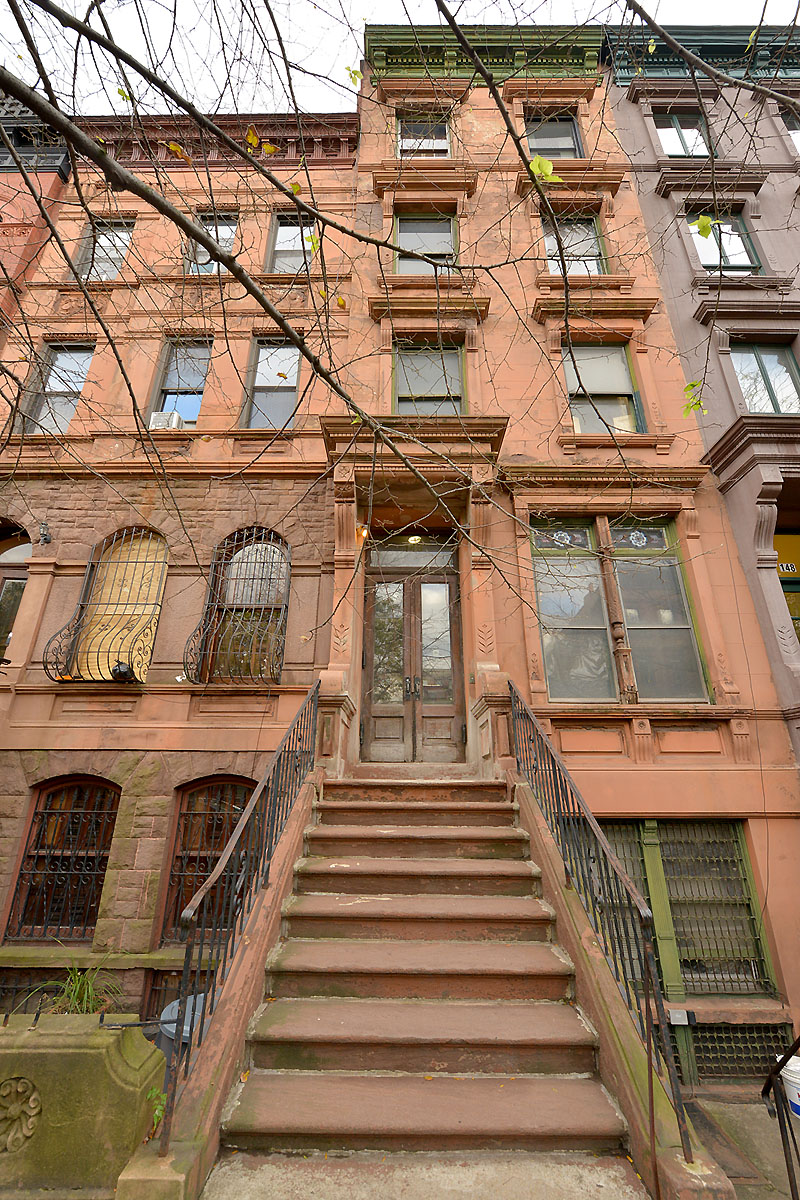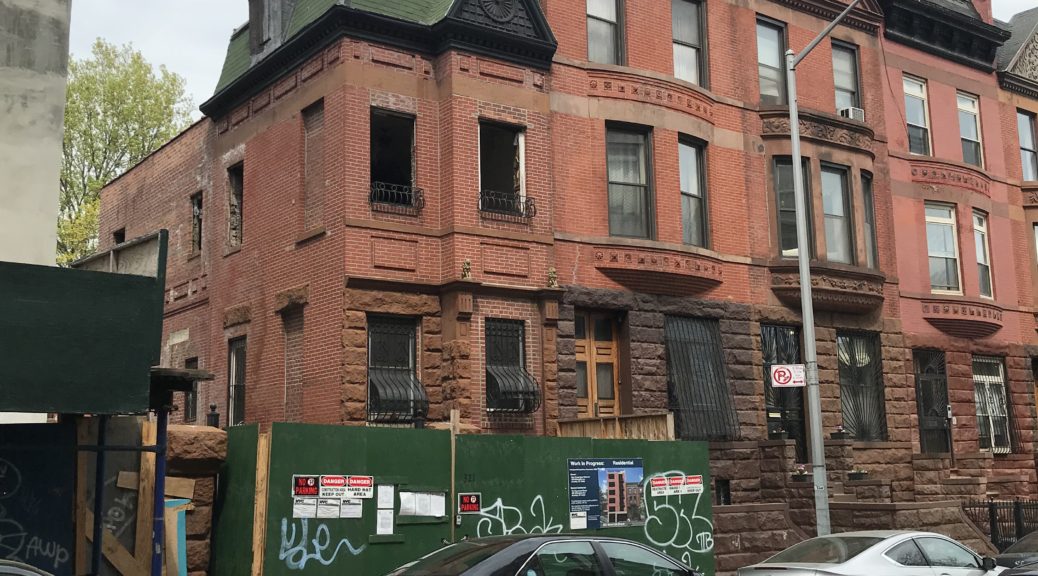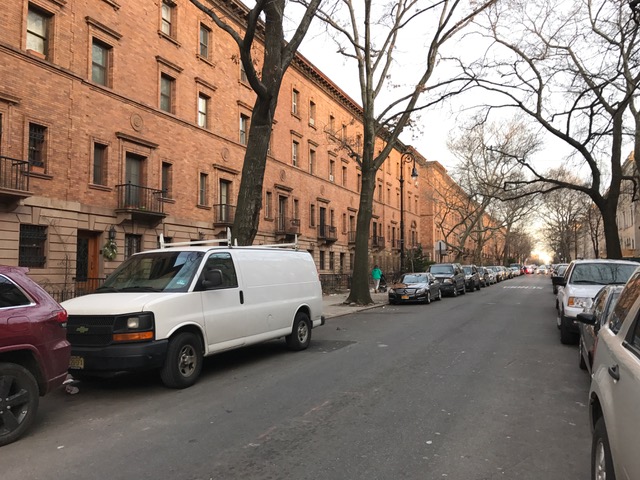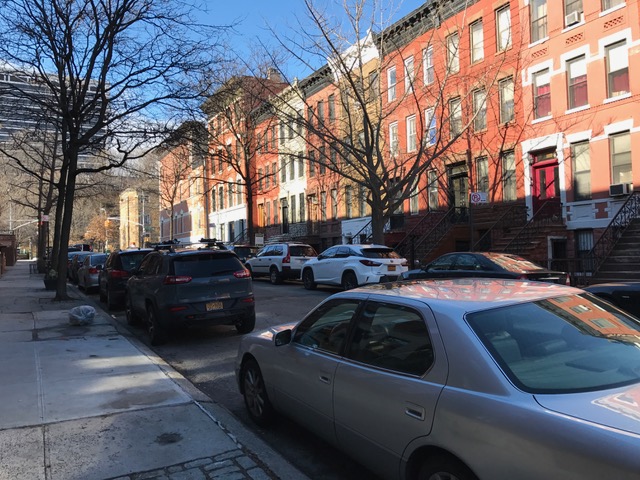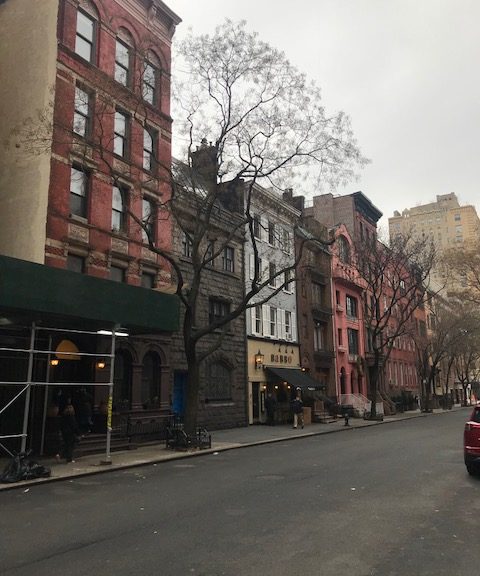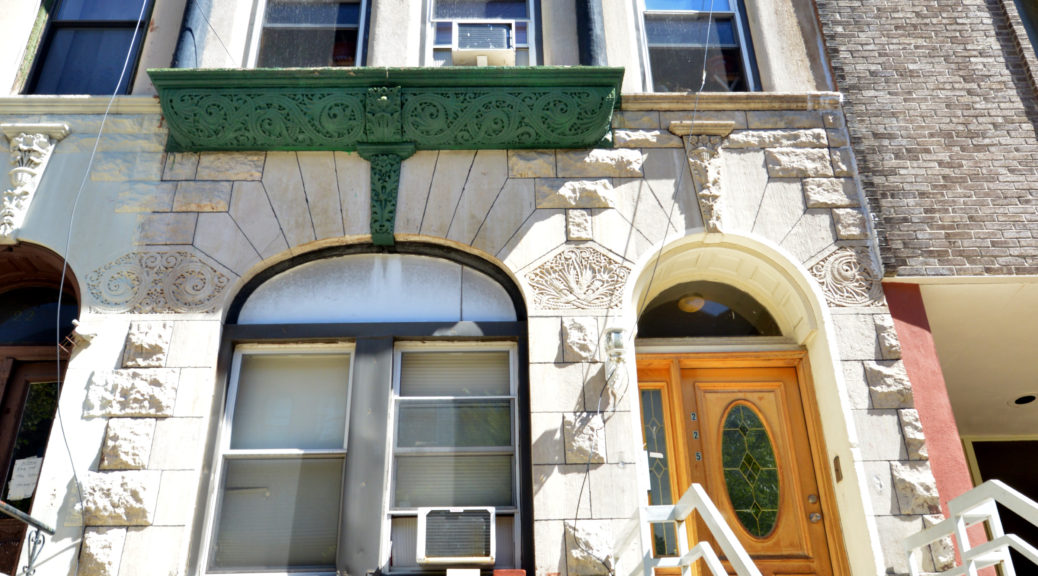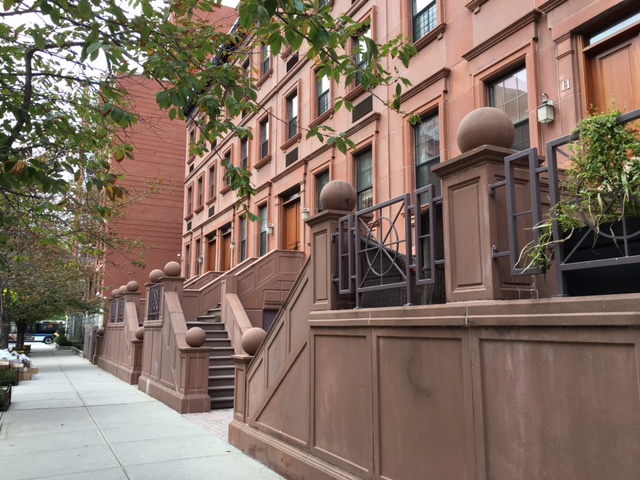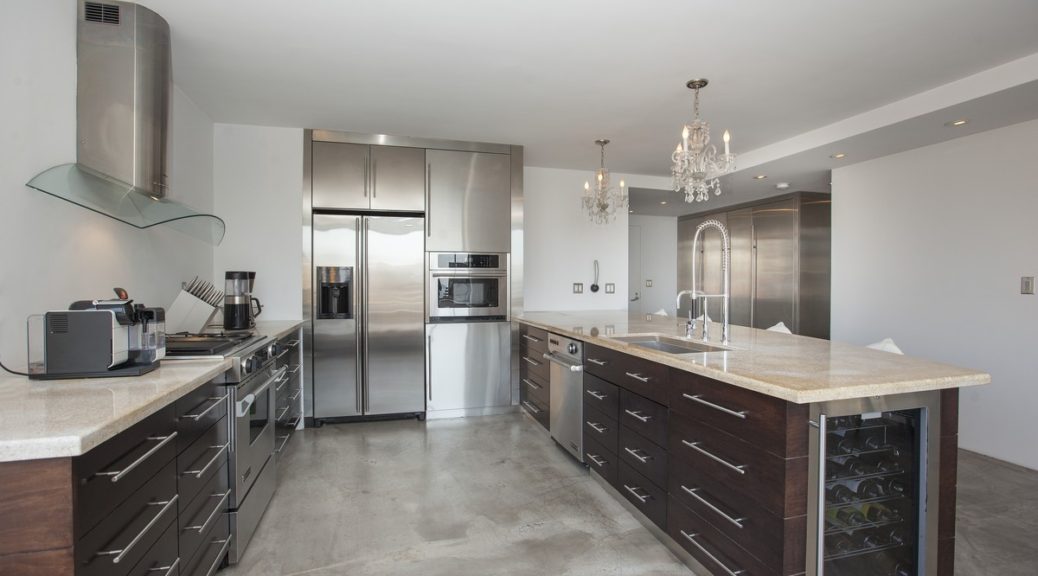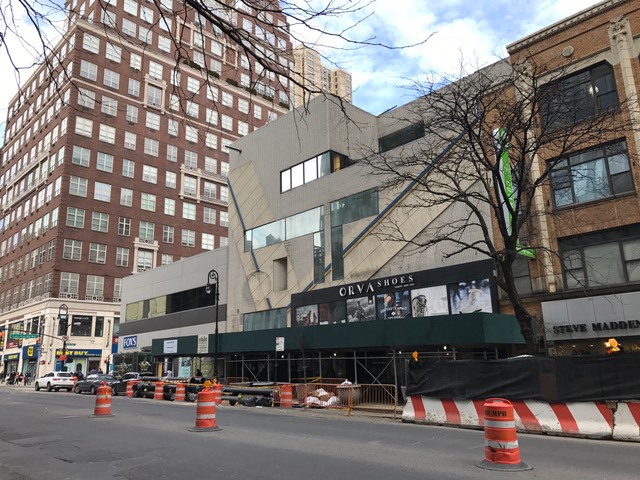If you own a couple of Manhattan apartments, or an SRO or multi-family , no doubt dealing with tenants can be a challenge for even the most experienced Manhattan property owner. Here is a checklist of common sense but often overlooked things to keep in mind when renting and dealing with tenants.
1- Rent at below market or close to market rent. This will allow your apartment to rent quickly and you will have more interested potential tenants. Many times, I sit down with Manhattan property owners who want to ask for a rent that will likely lead to an apartment sitting on the market. On a $3000 lease, f you ask, $200-$300 more but lose 3 months rent, that means you lose $9,000 that you will never recoup.
2- Raise or lower rents as appropriate to keep tenants but maintain profit. Years ago, I owned an apartment on Manhattan’s upper west side on Central Park west that I rented out to a tenant. She always paid on time and never bothered me at all. She informed that she was considering to move at the end of the lease because she could save money by moving further uptown. I asked her how much she would save and she said about $200 or so. Instead of suffering a vacancy I reduced her rent by about $150 and she stayed. She stayed with me in total 7 years from the first time I rented it up until I sold the apartment. On vacancy, I would lose at least one month rent if not more, and also have to paint and fix the apartment. The cost would have been more to have the vacancy.
3- Raise the rent as appropriate. I met many landlords who are reasonable and firm and others who are too nice and feel guilty about raising the rent. When the lease is about to come up, consult with your Manhattan real estate broker to see what you can get on the open market. If the rents have gone up or are in a continued up cycle, then you should raise the rent to keep pace. Many long time owners are 10-20% below the market in the rents that they charge. There is nothing wrong with keeping pace with the market. You can still charge an excellent tenant a discounted rent but if you raise their rent and they are still 10% below market, they are not going to move.
4- Be firm and make sure that you always get your rent on time. Lease riders can have late charges for rent submitted late. Also, do not be too lax about evicting a tenant who is not paying. If they do not pay, then you need to get an attorney and move to eviction. Problems do not go away by ignoring them and this one will get worse.
The Author-  Brian Silvestry , a licensed real estate broker, has been selling residential and commercial real estate since 1999. He has sold in every Manhattan market from Battery Park City to Washington Heights.
Brian Silvestry , a licensed real estate broker, has been selling residential and commercial real estate since 1999. He has sold in every Manhattan market from Battery Park City to Washington Heights.
